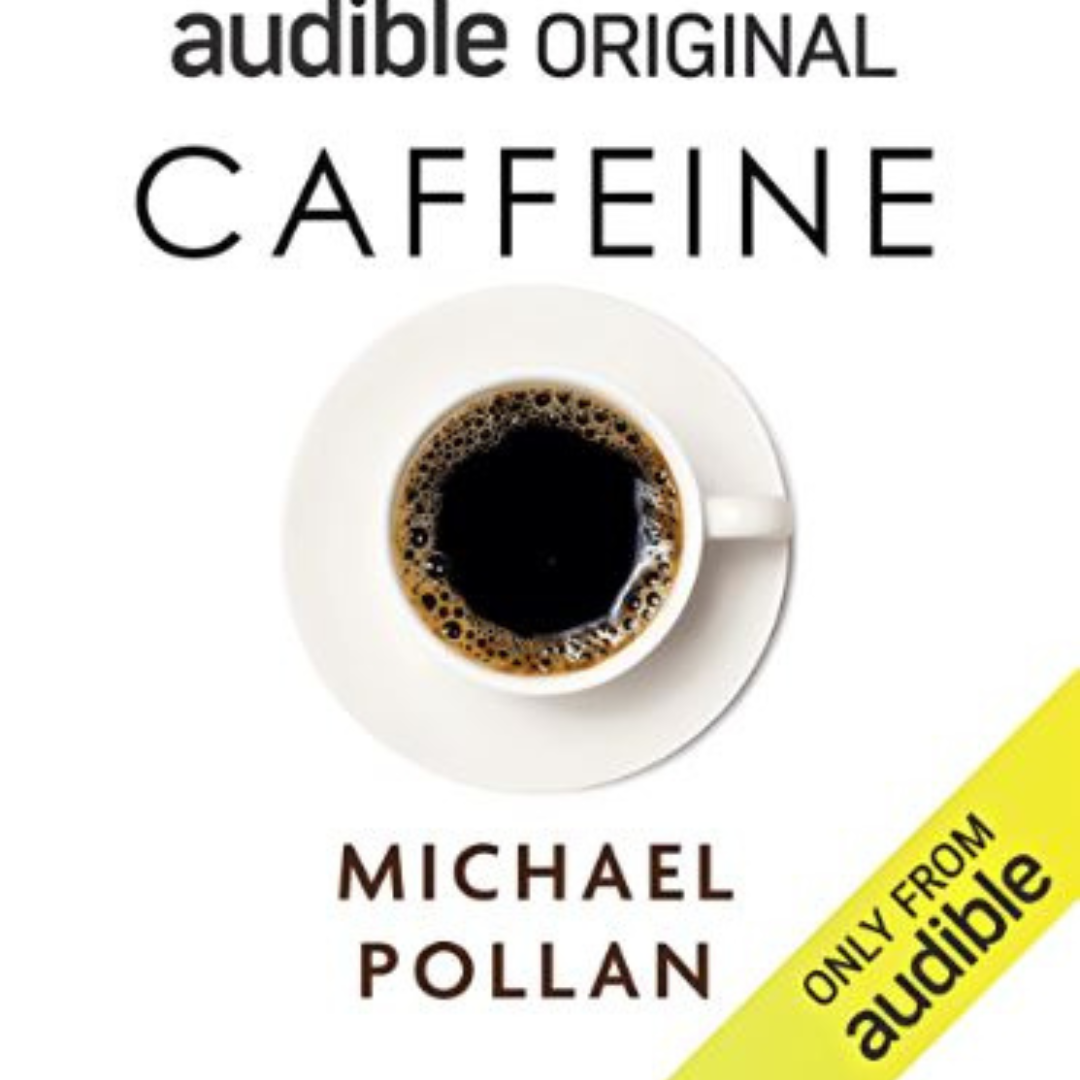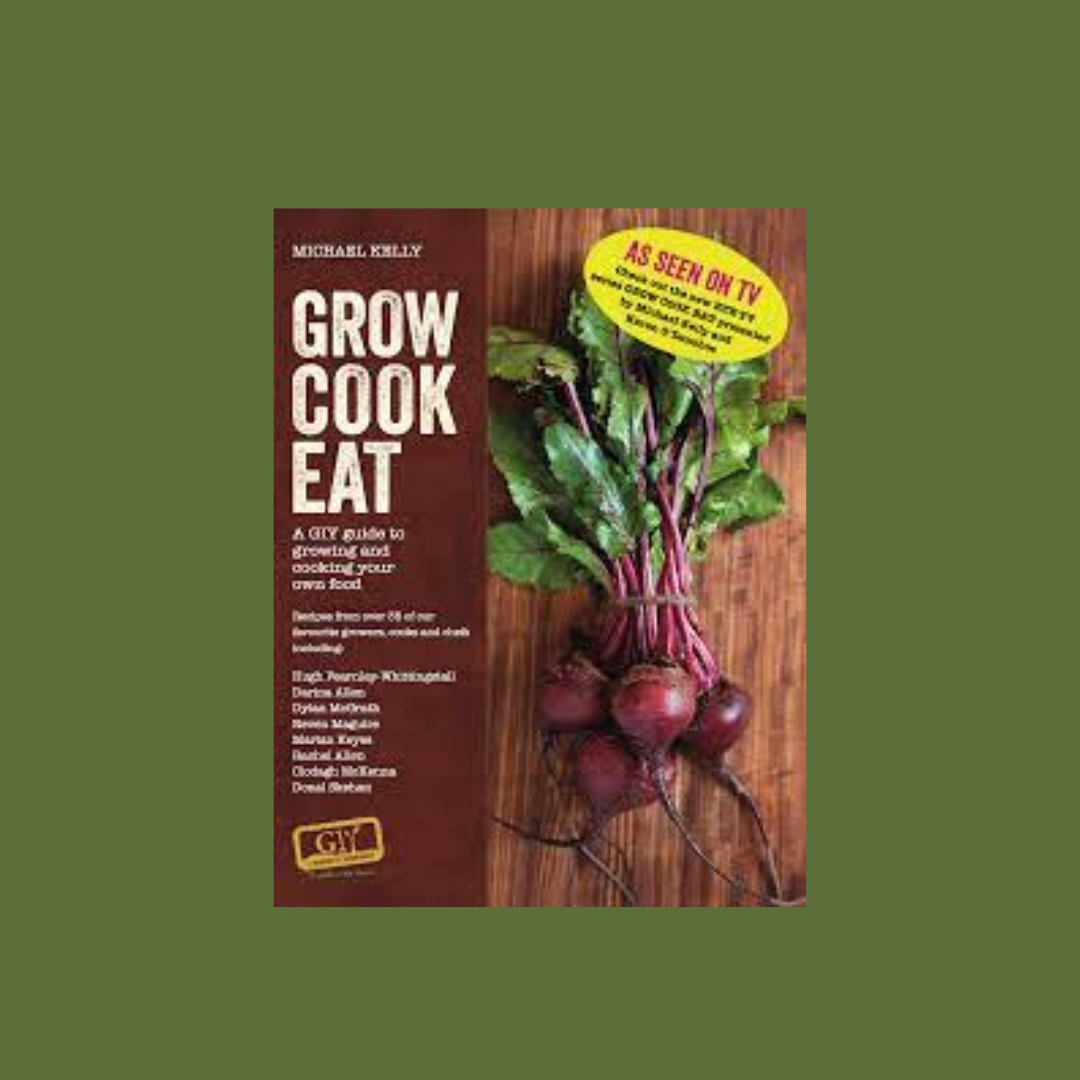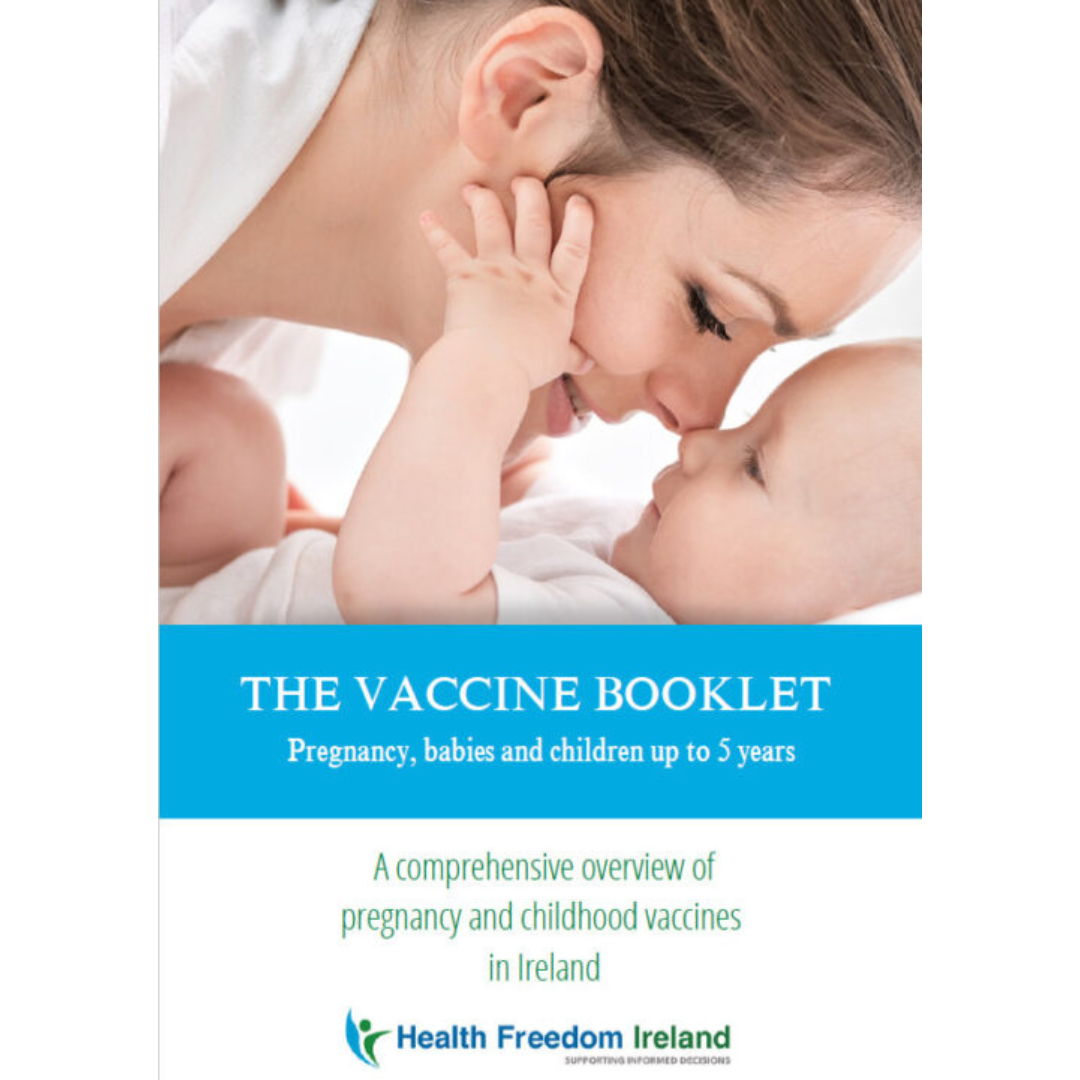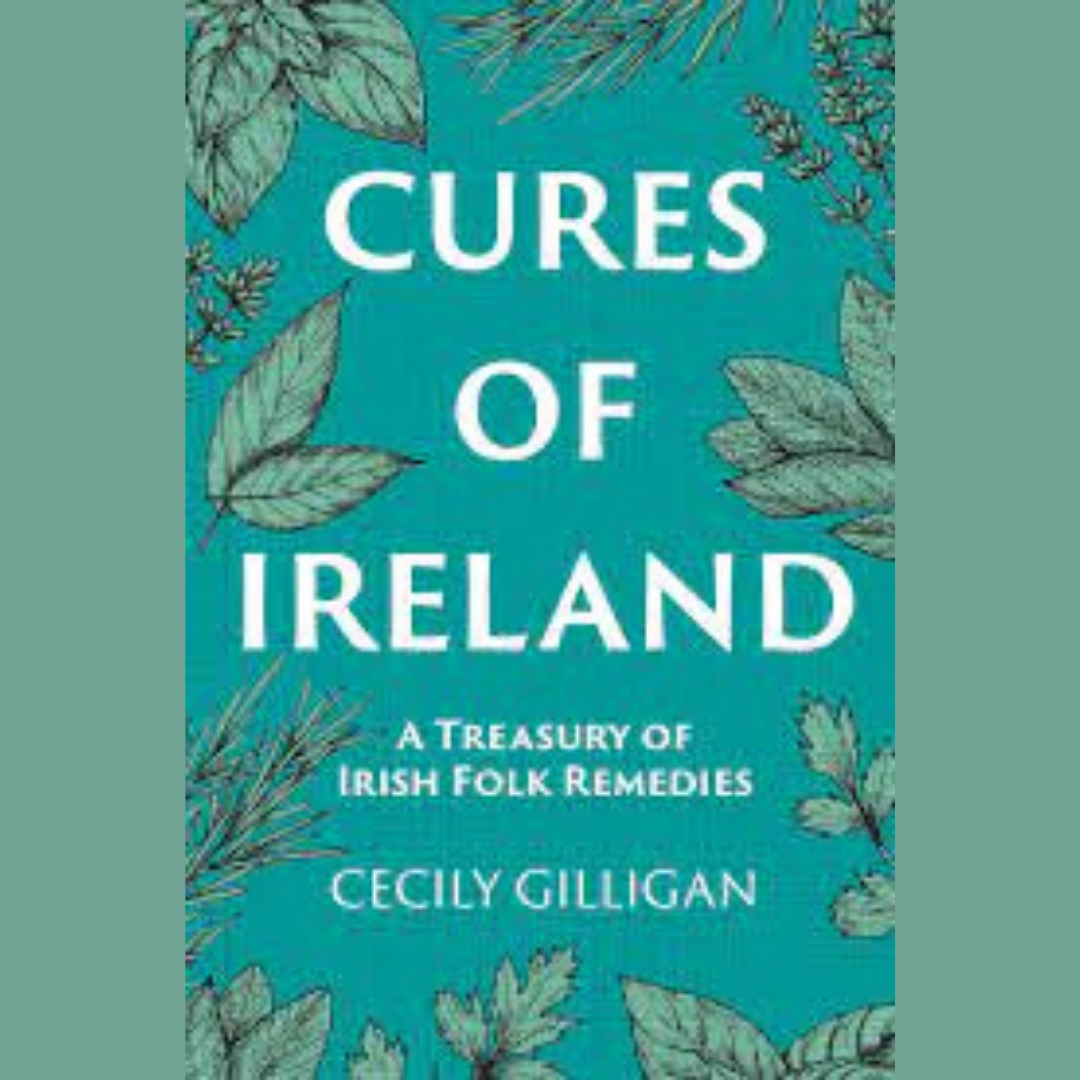|
Genius Foods
by Max Lugavere I’m late to the party on this author but this month I am bringing you one of the Genius Living trilogy written by Max Lugavere. The theme though is familiar. Food affects our health both positively and negatively. In terms of our brain health we are sadly more than aware of the negative consequences of our brains not working optimally. In truth it is not easy to nourish a brain in a toxic environment within which we have little control. However, I certainly believe that the more you become familiar with the knowledge and have access to the resources to help, you will have more than a fighting chance of a positive outcome. I like books where dedicated passionate people do the research without being funded to bring a predetermined answer. This book has plenty of information to keep our brains exercised! Now, in Genius Foods, Lugavere uncovers the stunning link between our dietary and lifestyle choices and our brain health, revealing how the foods you eat directly affect your ability to focus, learn, remember, create, analyze new ideas, and maintain a healthy, balanced mood. He presents ground-breaking science and distills the latest research, including:
Anne Maher
0 Comments
Bagel Goggles
by Emma Goodwin I cannot tell you how excited I was to see Emma’s new book. A friend of The Urban Co-op for some time we have been following her mission with rapt attention. Here is a summary of the description of same on Amazon. We are awaiting our order and will be devouring the bagel goggles with extra butter as soon as we can!! Tourette's, according to modern medicine, is for life. Same for Autism and ADHD. Yet, after a year of compulsive shouting, we solved my daughter's vocal tics. How many more diseases are "life-time" afflictions that will need a life time of drugs or constant care? GAPS coach Emma Goodwin shares her treasure chest of home remedy and food as medicine gems. In a world where Big Pharma, Industrial food systems 'education' and 'entertainment' come at us from all angles, Emma takes off the Bagel Goggles and destroys these institutions, in her mind's eye, with home made truth bombs. Part biography, part recipe book, part self-help paradigm-shifting spell-book, this joyful read shows how to survive and thrive in these troubled times. "Emma Goodwin writes with a passion of a person who has first-hand experience in healing her body. She has worked with the diet, detoxification, enemas and removal of parasites. She speaks from the heart in an engaging manner and with a good sense of humour. This book is going to be very helpful to many people. Thank you, Emma!" Dr Natasha Campbell McBride Her mission is to help people with chronic ailments recover their strength and vitality. She works with a passion to promote regenerative agriculture and strengthen the web of life. Here are some testimonials from those who have worked with GAPS coach Emma in Timeless Cookery Club. “your content on multiple subjects really has been a beacon of light in difficult times” Joe “I highly recommend working with Emma! Emma provided some much needed clarification and guidance on our daughter’s health journey (Juvenile Arthritis) Her knowledge has been immensely valuable. Her warmth and enthusiasm is inspiring and uplifting. Thank you Emma for your amazing support” Angela “Love your beautiful light hearted way towards such deep controversial subjects in life that we have been lied to about. You’re a great teacher and make learning fun” Gill “Emma, I just wanted to say thank you from the bottom of my heart for everything you do. You have been such a pillar of strength and wisdom for me” Amanda “Ok Emma, you have officially helped change my life!” Alissa https://timelesscookery.com https://www.facebook.com/emma.goodwin.7549 https://www.instagram.com/timelesscookery https://www.youtube.com/@timelesscookery https://wildhartradio.com/emma-goodwin-gutsy-gaps-chat Anne Maher Hungry City
by Carolyn Steel This has been on my to read list for a while. We have recommended Sitopia previously which is her most recent book. We are fans of Carolyn Steel no doubt and her work is a great overview for us on how we need to see how food shapes our world. Hungry City is published over a decade ago but so relevant and even more so now. How do you feed a city? So many of our population now live in cities and are being actively encouraged to make the move from rural to urban. 15 minute cities are touted as a selling point for quality of life. But how do you feed a huge number of people this way? Trains and corporations have changed everything along the way. But so too is the disconnect from our food supply… and all the problems that brings. Reframing how we view and value food is the journey we need to make and this book is just the ticket to get there. Anne Maher Caffeine how coffee and tea created the modern world
by Michael Pollan I love a recommendation from customers and this one is an audio version. I guess, it’s not difficult to see why it caught my attention. Our lives are fairly dictated by coffee and tea. It makes a change for me to get off the subject of sugar! This audio book has given me pause for thought though. How a plant can change the world etc. It really is quite amazing to consider this from a wider perspective. Addictive performance enhancing legal drugs of choice eh? If we extrapolate from coffee and tea it makes me wonder about the natural plants around us that have the potential to help us do great things for humanity. I’ll ponder as I pour myself another cuppa. https://michaelpollan.com/books/caffeine-how-coffee-and-tea-created-the-modern-world/ Anne Maher Brain Energy by Dr Christopher M. Palmer
I have enjoyed listening to Dr Palmer recently being interviewed about his book which is adding to the evidence that diet plays a critical role in brain health and cognitive function. Our mood and mental performance are affected directly by our dietary choices. What a surprise! Optimal brain function seems wishful thinking in our world of chronic ill health and mental health issues. Is it a case that our poor mental functioning in general has prevented us from making the link between diet and improvement of same? I find it surprising that this is news particularly in the medical world but to be fair I am seeing more lightbulb moments where diet is being given the acknowledgement it deserves and increasingly patients are being offered a dietary solution instead of a pill. This book is a very welcome addition not only for the quality of information but the genuine relatable human way Dr Chris brings it to us. Highly recommend! Anne Maher Grow Cook Eat by GIY
Grow Cook Eat is not a new book but we have ordered it again for its handy reference for all of us novices dipping our toes into the spring fest of gardening. We like it for many reasons and apart from the obvious social enterprise connection with GIY, the book highlights the plants of the month. It is important to remind ourselves what plants grow at different times of the year to maximise the benefit of nutrition. For many consumers, we have lost the link with when food is ripe! Gardening helps us to reconnect with the soil. The knowledge is never wasted! Anne Maher The Vaccine Booklet: Pregnancy, babies and children up to 5 years
by Health Freedom Ireland A comprehensive overview of pregnancy and childhood vaccines in Ireland. This is a new publication by Health Freedom Ireland encouraging you to become fully informed about vaccines and the associated illnesses. This educational booklet contains primary sourced unbiased scientific information and data with graphs, statistics and data derived from government sources along with the manufacturers' patient information leaflets. At 122 pages it is comprehensive and a great reference for informed choice. Anne Maher Cures of Ireland by Cecily Gillighan
Let’s move away from the sciency stuff and go back to the traditions. I was glad to come across this book recently and it is a treasury of Irish folk remedies. Many conversations happen at The Urban Co-op about wellbeing. Magic Pills and Cures are often discussed. The hard work of changing diet say from ultra-processed to real involves a certain level of discipline so when we find out about some magical or unexplainable solution it does offer a different perspective but it must be said there is a strong memory in Ireland of traditional cures so I was happy to find out more. More than once I have heard from people that because I am married to someone with the same name I have a cure.. so it was interesting to read this section. There are no recipes as such but the themes of herbalism and faith are involved mostly. Cecily tells the story of meeting these characters and interestingly finds that “ many of the old cures continue to help and to heal people and some are thriving”. Anne Maher |
Categories
All
Archives
July 2024
AuthorsRecipes from Katie Verling & Jacques |









 RSS Feed
RSS Feed